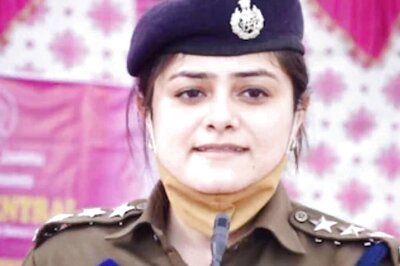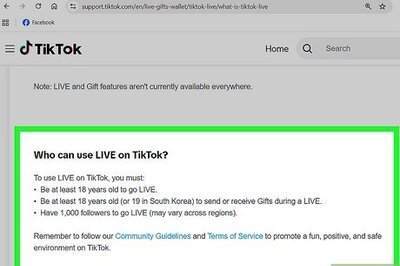
views
KOCHI: “On my eighth birthday my parents met with an accident and died. I was taken to a house where I was ill-treated and I ran away to Mumbai. There too I faced the same fate and I fled to Kochi. Here at Sneha Bhavan I feel safe and secure, loved and cared,” said an inmate.“I had to work overtime as a dishwasher in a hotel. Everyone slung abuse at me. Here I feel happy, loved and at peace. Now I want to study and do well in life.” said another. Many have such bitter experiences to relate and are thankful to Sneha Bhavan, a home for the homeless and run-away children in Palluruthy, Kochi. Each child here has a heart-breaking story to tell and is haunted by nightmares hard to forget. The stories are of shattered relationships and dreams, pain and abuse.As an educational and rehabilitation project Sheha Bhavan has reconstructed the lives of hundreds of children into a lively adventure through fun, games, study and various other activities.Sneha Bhavan project began as a collaborative venture between the Corporation of Cochin and Don Bosco Society. Begun in 1973, Sneha Bhavan offers shelter and security to wandering youth through awareness, rehabilitation and job opportunities.“The children are from different states especially from the North and North-East. They are despondent and sombre when they arrive but with love and camaraderie of other children, they become cheerful. After locating and assessing the family of the runaways, they are sent back or provided necessary help,” said Fr Sunny Cuppan, director.“The rescued stay at the centre for the first few months acquainting themselves with the new situation and language. Thereafter they are admitted to schools. Various developmental activities have been chalked out for them—yoga classes, morning chores, study, games, music and dance, meditation, skill development and health awareness,” says Sinto, one of the care givers.The children’s court which solves minor differences among children is an exhilarating experience to witness. “The Sneha Bhavan court functions just like any other court.“ Accused: Michael I hereby place my petition before the court. Today the accused disobeyed a teacher…the accused should be given a just punishment for disobedience,” thus goes the interesting proceedings. Here the children themselves form the plaintiff, the accused, the lawyer, the police and the judge.Don Bosco project is implemented at three levels. The first stage is reaching out to children in situations such as: streets, drug abuse, child labour, child beggary and child trafficking. In the second stage the children who cannot be restored to their families are taken care of till they get a job, married and settled in the mainstream society. The third stage is promoting the right attitude and involvement of the general public, government departments, private institutions and other NGOs.Many come forward to do voluntary service. They express their solidarity by washing clothes, teaching, sponsoring food and other materials for children. Some magnanimous benefactors help through parental care like Sulai Singh. “I was an orphan myself. I want to share my joy with these children.”Over 300 inmates have slid back into the mainstream society, crafting identities and a respectable social niche, successfully discarding their sad past and set about on the road to self-reliance and a bright future.

















Comments
0 comment